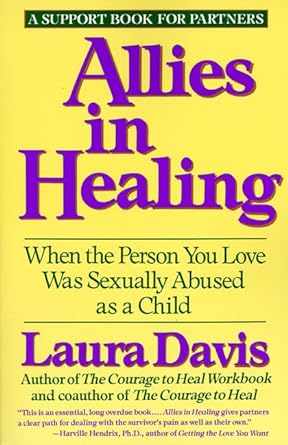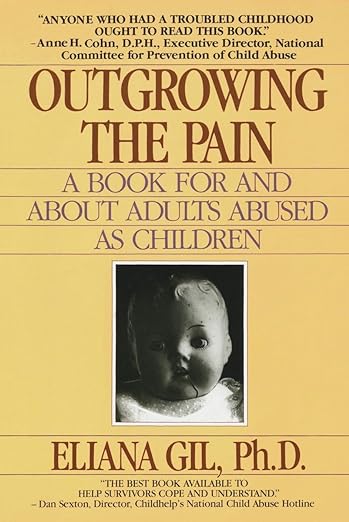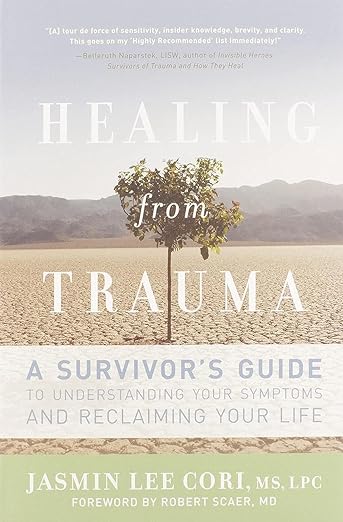Supporting Your Partner's Healing Journey

Supporting your partner through the challenges of childhood sexual abuse recovery is of utmost importance. Your partner will depend on your support, and there will be moments of difficulty and challenge along this recovery path. It's crucial to recognize that the journey ahead may be tumultuous, and there might be instances when you, too, need support. However, you can take proactive steps to assist your partner on this journey. This page serves as a brief introduction to provide insights into how you can enhance your role as a supportive partner. By doing so, you contribute to the improvement of your relationship, fostering a more meaningful and joyous connection as you both move forward.
Understanding Childhood Sexual Abuse
A crucial starting point is immersing yourself in literature and information about CSA. The more you familiarize yourself with this topic, the better you can comprehend your partner's experiences and challenges, even if he may not fully recognize them himself. This knowledge empowers you to feel more in control of the situation, though it's essential to acknowledge that he still needs to navigate his emotions. Explore our CSA info and reading materials for more in-depth insights into this journey.
Building Open Communication
It's paramount that you express your feelings transparently while providing your partner the opportunity to do the same. Acknowledge that discussing emotions can be challenging, stemming from difficulties in trust due to past betrayals in childhood. Additionally, societal expectations around masculinity may pose barriers to emotional expression. Overcoming these obstacles is essential work for both of you, laying the foundation for a happier and more fulfilling relationship.



